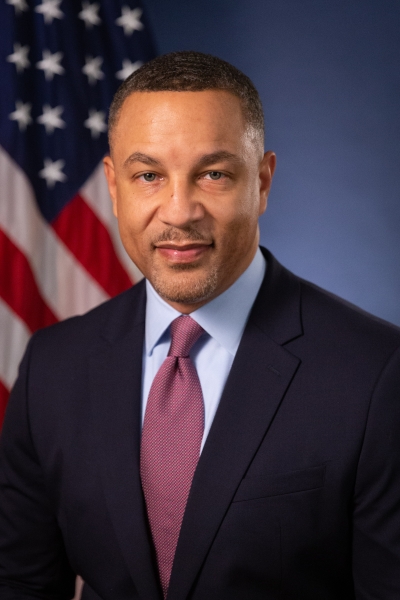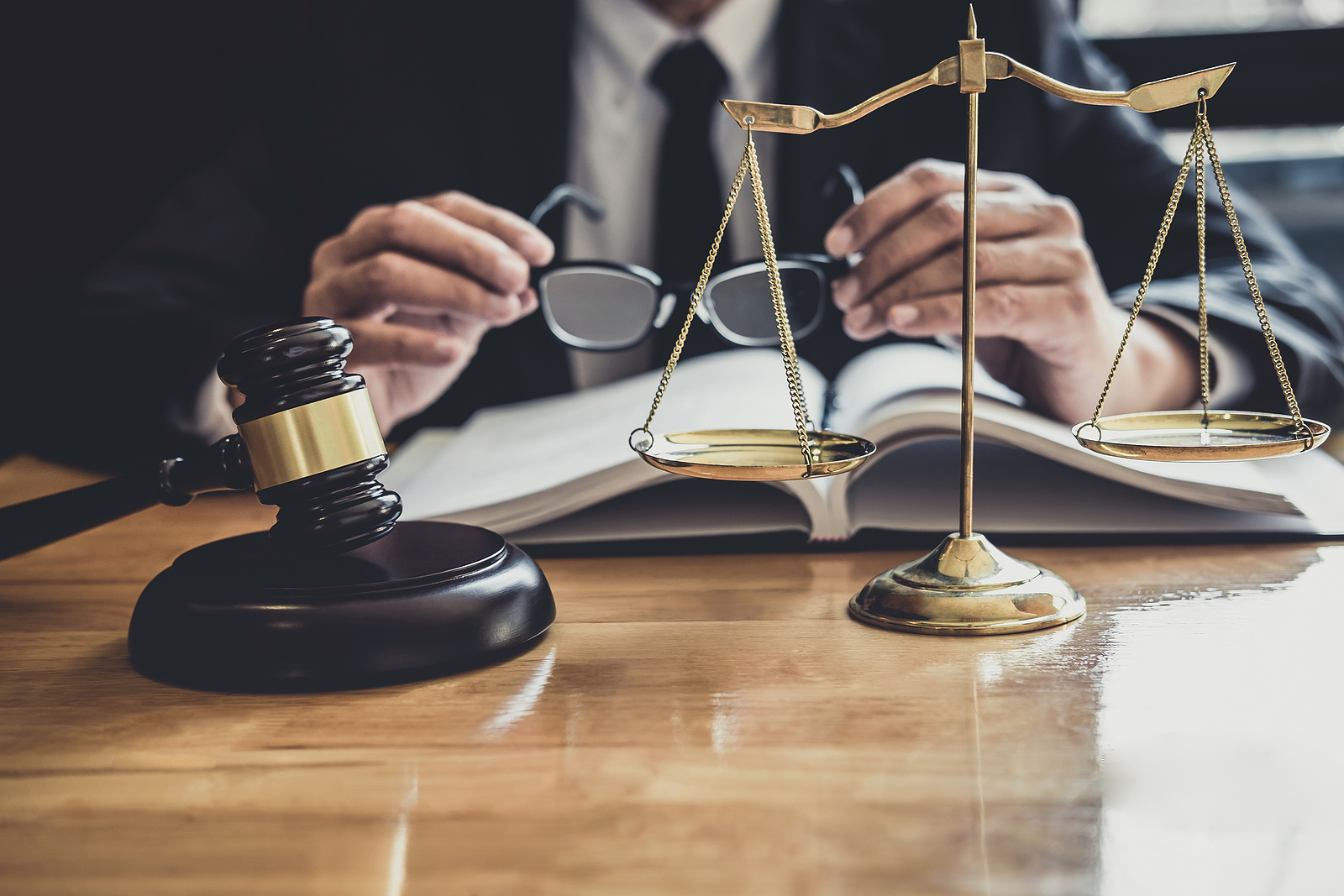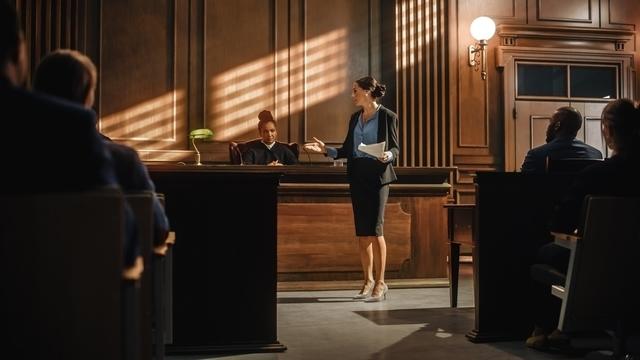Success Stories from a Leading Appeal Lawyer
Success Stories from a Leading Appeal Lawyer
Blog Article
Unveiling the Expertise and Jobs of an Appellate Lawyer
In the complex realm of appellate regulation, the role of an attorney takes on a distinct kind needing specialized abilities and competence. An appellate legal expert is tasked with a myriad of obligations that surpass the conventional practices of litigation. From diligently crafting convincing lawful briefs to developing the art of oral campaigning for, their contributions are critical fit the outcome of cases at the appellate level. As we explore the complex world of appellate legislation, a more detailed examination of the crucial skills and tasks of these experts introduces a remarkable landscape that requires both accuracy and strategic acumen to browse effectively.
The Role of an Appellate Attorney
In the realm of appellate regulation, the function of an appellate lawyer is critical in browsing the complexities of greater court process and promoting for customers seeking appellate evaluation. Appellate attorneys specialize in handling instances on appeal, where the emphasis changes from facts and proof offered at test to legal disagreements and step-by-step issues. Their main duty is to assess trial records, recognize lawful errors, carry out lawful study, draft persuasive briefs, and present dental arguments before appellate courts.
In addition, appellate lawful experts serve as strategic experts to test attorneys, leading them on maintaining legal problems for potential appeal and creating strong lawful debates throughout the trial process - post conviction lawyer. In addition, appellate attorneys play an essential role in forming the law by supporting for legal principles that can establish precedents influencing future cases.
Essential Skills for Appellate Work
Efficiency in legal analysis and argumentation is fundamental for success in appellate work. Appellate attorneys should possess extraordinary study skills to explore situation law, laws, and legal criteria to construct convincing lawful disagreements. They need to have a deep understanding of procedural policies and court standards to navigate the intricacies of the appellate process successfully. Writing skills are extremely important, as appellate work needs drafting clear, succinct, and engaging legal briefs that verbalize intricate legal problems persuasively. Focus to detail is vital in appellate job, as even minor mistakes can have significant repercussions on the end result of a case.
In addition, essential believing skills are important for appellate lawful specialists to examine legal approaches, anticipate counterarguments, and identify weaknesses in rival counsel's settings. In essence, a successful appellate legal specialist has an unique mix of analytical, study, writing, and campaigning for abilities to succeed in the appellate field.
Crafting Persuasive Legal Briefs
Given the fundamental value of phenomenal research study abilities and a deep understanding of procedural policies for success in appellate work, crafting convincing legal briefs stands as a critical job for appellate attorneys. Lawful briefs act as the key tool for providing arguments and lawful analysis to appellate courts - garland texas appeal lawyer. To craft a convincing legal short, appellate experts should thoroughly structure their disagreements, point out pertinent legal authority, and anticipate and respond to possible counterarguments
Appellate lawful professionals have to demonstrate an eager ability to distill intricate legal principles into succinct and engaging debates that sustain their client's setting. Understanding the art of crafting convincing lawful briefs is vital for appellate lawful professionals looking for success in supporting for their clients prior to appellate courts.

Preparing for Oral Debates
An important facet of the appellate process entails comprehensive prep work for presenting oral debates before the court - post conviction lawyer. Planning for oral disagreements calls for a comprehensive understanding of the situation, knowledge with legal criteria, and the capacity to respond and prepare for to concerns from the courts. Appellate lawful experts need to diligently assess the document, recognize vital lawful concerns, and craft influential arguments to support their customer's placement
Before the oral argument, attorneys must participate in moot court exercises to mimic the court experience and get feedback on their presentation. This method enables them to fine-tune their debates, boost their distribution, and boost their ability to address challenging inquiries efficiently.

Navigating the Appeals Process
Effectively browsing the appeals process needs a strategic understanding of procedural policies and timelines within the appellate court system. The procedure commonly begins with submitting a notice of charm within a specified duration after a final judgment is entered at the high court level (marijuana appeal attorneys). Once the notice of charm is filed, the appellant has to after that construct the document on allure, that includes appropriate records, transcripts, and displays from the high court procedures

Throughout this procedure, appellate attorneys have to abide why not try here by strict procedural policies and target dates to ensure their debates are listened to and considered by the appellate court. By understanding these details, lawyers can efficiently navigate the allures procedure and supporter for their clients' interests.
Verdict
In verdict, the proficiency and tasks of an appellate lawful professional are vital in navigating the complex allures process. With important skills in crafting persuasive lawful briefs and getting ready for oral disagreements, these experts play a vital function in promoting for clients in appellate court. By understanding the nuances of appellate job and possessing the needed abilities, appellate lawyers are geared up to effectively stand for customers in the charms procedure.
Additionally, appellate lawful experts serve as tactical advisors to trial attorneys, directing them on protecting lawful concerns for potential allure and creating solid lawful debates throughout the trial procedure. Appellate lawful specialists have to possess outstanding research study skills to dig into case law, laws, and lawful criteria to create persuasive legal disagreements.Provided the fundamental relevance of phenomenal research study abilities and a deep understanding of step-by-step policies for success in appellate job, crafting influential legal briefs stands as a critical job for appellate lawful experts. Understanding the art of crafting persuasive lawful briefs is essential for appellate lawful specialists looking for success in supporting for their clients before appellate courts.
Appellate legal specialists must meticulously assess the record, recognize key legal issues, and craft persuasive arguments to support their client's position.
Report this page